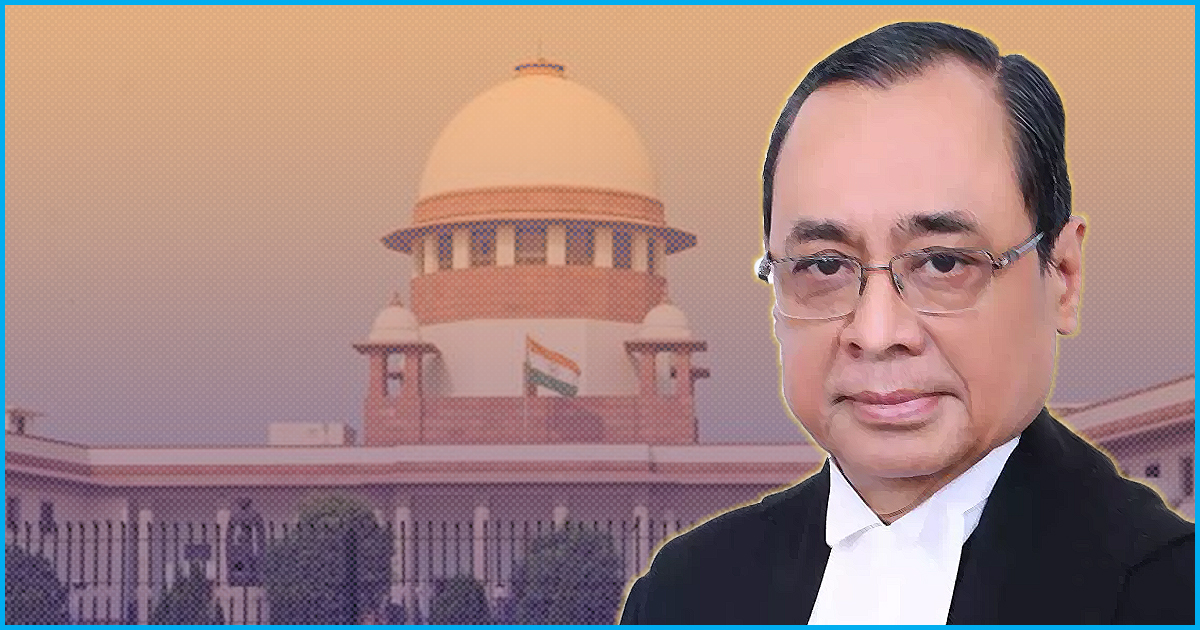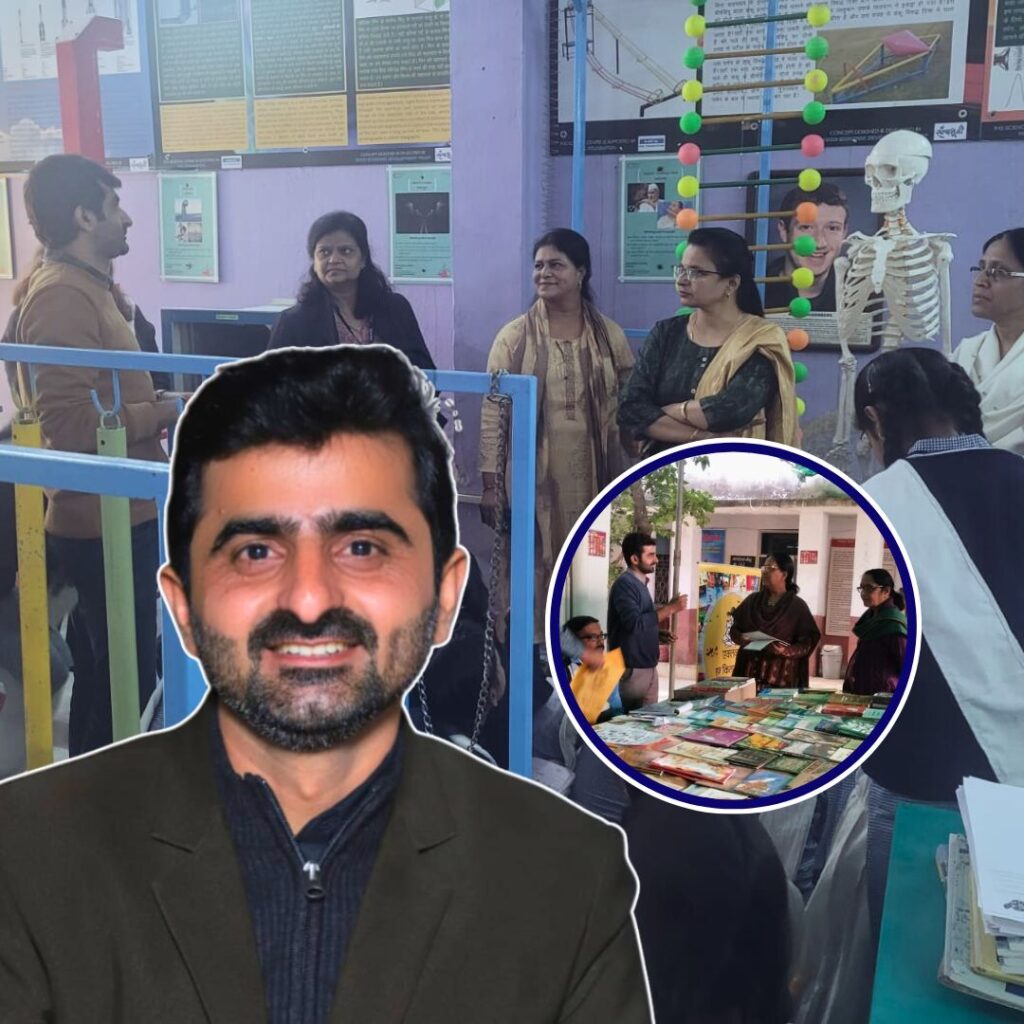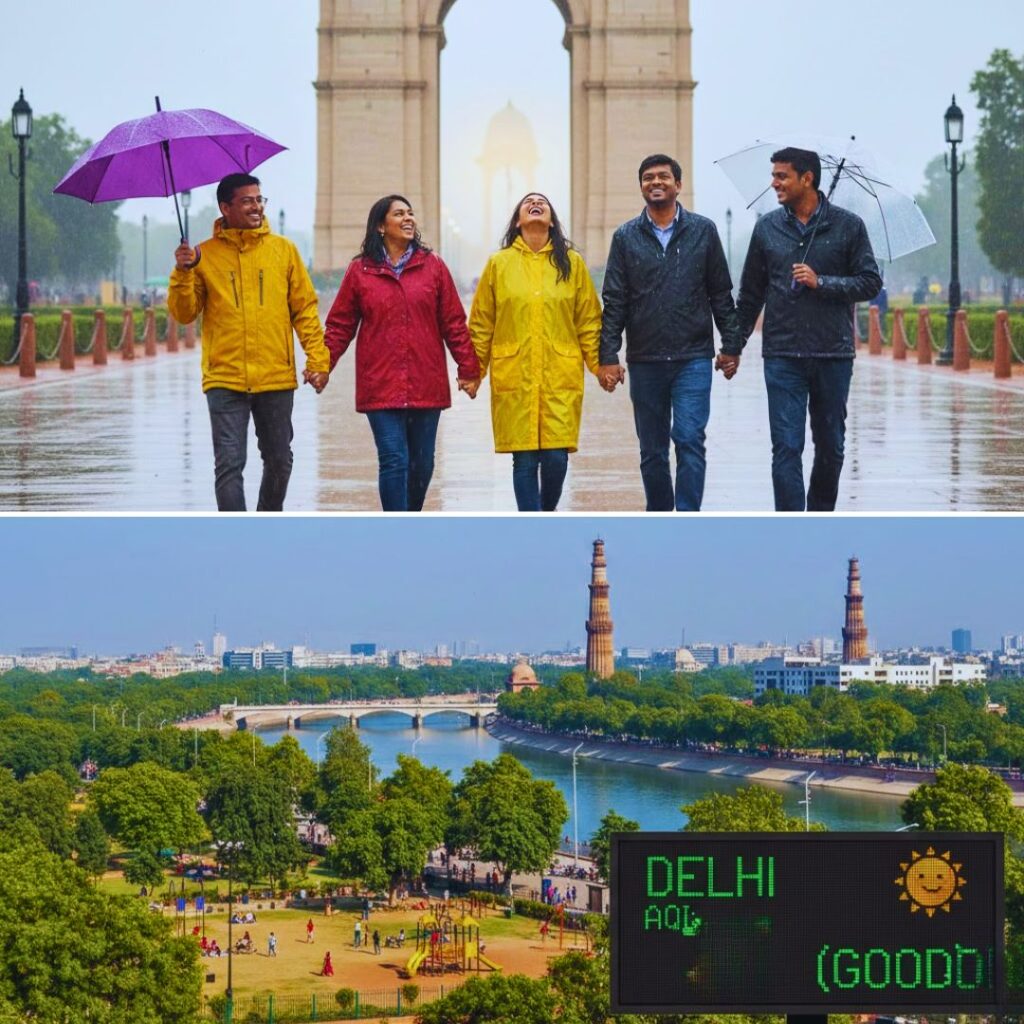Justice Ranjan Gogoi swore-in as the 46th Chief Justice of India on October 3. He was officially appointed to the post by the President of India, Ram Nath Kovind on the recommendation of present CJI Justice Dipak Misra, reported The Hindu. Justice Ranjan Gogoi will serve a tenure of 13 months till his retirement on November 17, 2019.
First CJI from North-East
Justice Gogoi was born on November 18, 1954, to former Assam chief minister Keshab Chandra Gogoi. He studied law from St Stephen’s College, Delhi after completing his schooling in Don Bosco School, Dibrugarh.
He became an advocate in 1978 and practised mainly in the Gauhati High Court in the constitutional, taxation and company matters. He became a permanent judge of Gauhati HC on February 28, 2001, as reported by LiveLaw. In September 2010, he was transferred to Punjab and Haryana High Court of which he became the Chief Justice on February 12, 2011. He finally became a judge of the Supreme Court on April 23, 2012.
Justice Gogoi holds a unique distinction of being appointed as the first CJI from North East.
Important judgements
Justice Gogoi’s career is filled with some important and landmark judgements. He heads the bench trusted with the task of monitoring the sensitive and significant Assam National Register of Citizens (NRC), a process of documenting a list of “genuine” Indian citizens residing Assam.
He was also the part of the Bench which ordered the Centre to set up special courts to exclusively try MPs and MLAs. Calling it a move to be in the interest of the nation, the bench had then said that such a step would help in decriminalising politics.
In May this year, a Bench consisting of Justice Gogoi and R Banumathi had passed judgement against the Uttar Pradesh state law which allowed former chief ministers to occupy government bungalows. The Bench had observed that former chief ministers should be treated at par with ordinary citizens.
One judgement for which Justice Gogoi faced much criticism was that of Govindaswamy vs State of Kerala case. In this case, 23-year-old Kochi mall employee was pushed off a slow-moving train and subsequently raped by one Govindswamy in February 2011. The victim had succumbed to her injuries five days later and Govindaswamy was awarded a death sentence for committing murder by a trial court. This decision was upheld by the Kerala High court in December 2013 and in 2016 an SC bench comprising of Justice Ranjan Gogoi, Justice Prafulla C. Pant and Justice Uday Umesh Lalit had set aside the death penalty and instead sentenced him to a maximum of life imprisonment for rape. Among the critics of this judgement was former SC judge Markandey Katju who made scathing comments about the same in his blog. Katju was asked by the Gogoi bench to prove his criticism following which Justice Katju was issued a contempt of court notice.
Justice Gogoi is also credited with the appointment of anti-corruption ombudsman Lokpal and with the remission of life sentences of Rajiv Gandhi assassination convicts.
Press conference of senior-most SC judges

Bar and Bench, Wikipedia
In an unprecedented move, four sitting judges in the Supreme Court, Justice J Chelameswar, Justice Ranjan Gogoi, Justice Madan B Lokur and Justice Kurien Joseph held a press conference in January this year.
Justice Gogoi had then told the media that the press conference was prompted on the issue of appointment of judges in the case of death of special CBI Judge B.H. Loya. One of his famous remarks during the conference was, “independent judges and noisy journalists are democracy’s first line of defence.”
A petition was also filed against his appointment to the post of CJI. However, the former CJI Dipak Misra dismissed the plea last week, saying it was devoid of merits.
Also Read: Know About Justice Chelameswar Who Retired Today After A Seven-Year Tenure In Supreme Court












